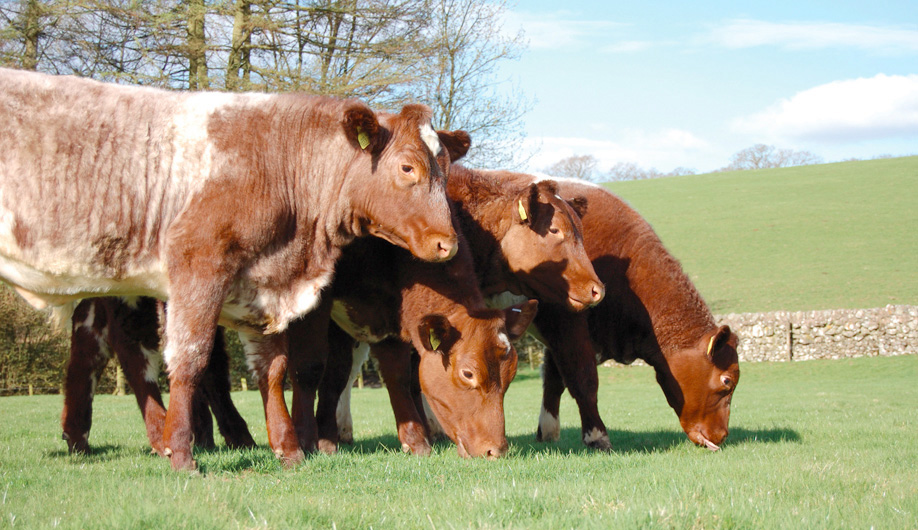
Brexit could provide sectors of Australian agriculture with an 'unprecedented opportunity' to enhance trading relationships between the two countries and lift export earnings.
An inquiry compiled by the Meat & Livestock Australia (MLA) on behalf of the Australian red meat sector said prior to the UK joining the EU, the UK was one of Australia's largest export destinations for red meat.
"Incorporation of the UK into the highly restrictive EU import regime in 1973, however, severely curtailed Australia's red meat trade volumes via restrictive arrangements.
"Australia's market share represents just 5% (or 15,897 tonnes in 2016) of the UK's total red meat imports (including EU and non-EU)," the report said.
The same was said of Australian rice exports, with exporters SunRice welcoming the 2016 referendum vote as a 'potential opportunity.'
"Australian milled rice exports to the UK are restricted because of the broader EU's application of Tariff Rate Quotas (TRQ) and the prohibitively high tariffs on imported volumes above the TRQ levels," an inquiry said.
"The UK's exit from the EU, and the possible negotiation of a Free Trade Agreement (FTA) between Australian and the UK, represents a significant opportunity for Australian rice exports into a market where there is demonstrable and increasing demand for high quality Australian rice."
Free trade
The Australian red meat sector said capitalising on import reform opportunities will help position the industry for 'more competitive access' and set up an 'advantageous trading regime.'
National Farmers' Federation CEO Tony Mahar told the Sydney Morning Herald that Australian agriculture wanted a UK free trade agreement.
"Overwhelmingly, whether it's our beef guys, our fish guys, NFF, Minerals Council etc. very much want a UK free trade agreement as soon as possible post-Brexit, and do see significant opportunities, not just for ag but obviously financial services and the like," she said.
The Australian rice industry said it had 'not benefitted' from recent free trade agreements with Japan, China or South Korea due to cultural and political sensitivities.
"But they are unlikely to influence any future FTA negotiations with the UK," it said.
"The Australian rice industry is well positioned to benefit from a future FTA with the UK."
Fears
A number of farming leaders in the UK have expressed their fears about a prospect of unrestricted imports of cheaper foreign food.
Phil Stocker, National Sheep Association chief executive said a trade agreement with Australia or New Zealand would send a large amount of sheep meat to the UK when the market was 'already suffering.'
"NSA understands Australia has been pushing to increase its EU quota for many years now, so there is no doubt it would send larger amounts of sheep meat to Europe and the UK given the opportunity," Mr Stocker said.
"The UK sheep sector is already suffering unacceptably high levels of imports of New Zealand lamb, much of which is sourced by retailers at times of the year when UK product is in plentiful supply."
But in an address to the WTO last year, Dr Liam Fox said international trade is the 'lifeblood' of the British economy, the 'driver of prosperity', and that commerce is part of the 'UK's national DNA.'
Dr Fox told trade envoys during a meeting in Geneva in 2016: "The UK will work towards the reduction and ultimate elimination of trade barriers wherever they are found."
He said: "Britain is open for business as never before. It is our ambition to be the beating heart of global trade; the world’s natural business partner."
'Time will tell'
The NSA said the UK needed to be keen to see an outcome to Brexit whereby tighter controls on New Zealand lamb were put in place.
They said a situation allowing new Australian products to be imported into UK retailers would make matters worse.
"Recent figures from Meat and Livestock Australia show the country produced 516,366 tonnes of lamb and 196,040 tonnes of mutton in 2015/16, exporting 56% of total lamb production (worth $1.78 billion) and 91% of mutton production ($700 million). The main destinations were the Middle East, USA and China."
Beef + Lamb New Zealand Eastern North Island farmer director George Tatham said $2 billion of red meat and wool exports were sent to the EU, which represents half of its global sheep meat exports.
"There are a lot of talented people working on our behalf to retain market access," he said.
"Access into the EU and UK cannot be eroded as a result of Brexit. But only time will tell how this will play out."
